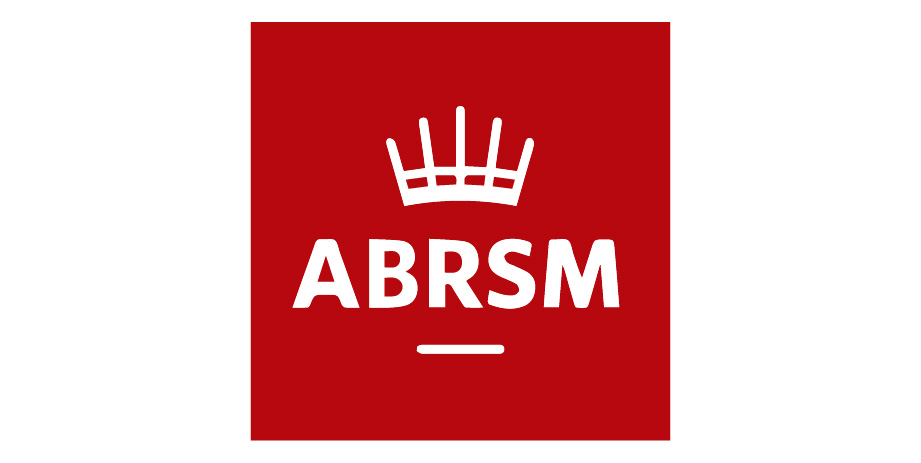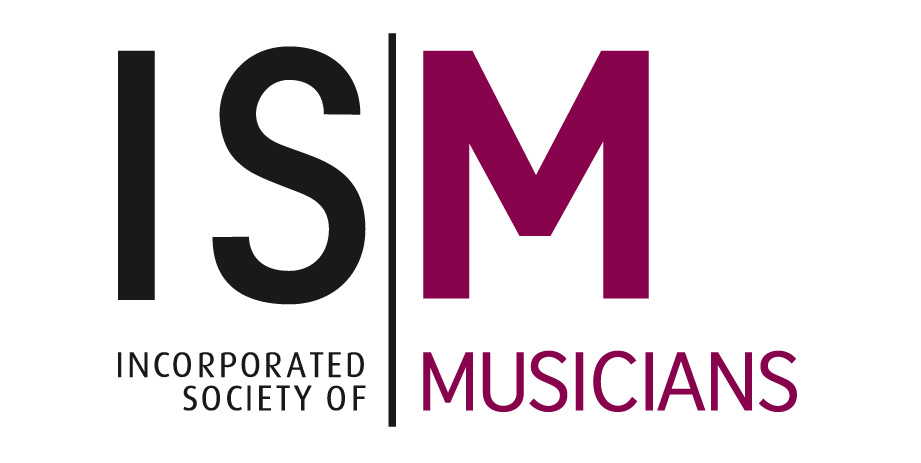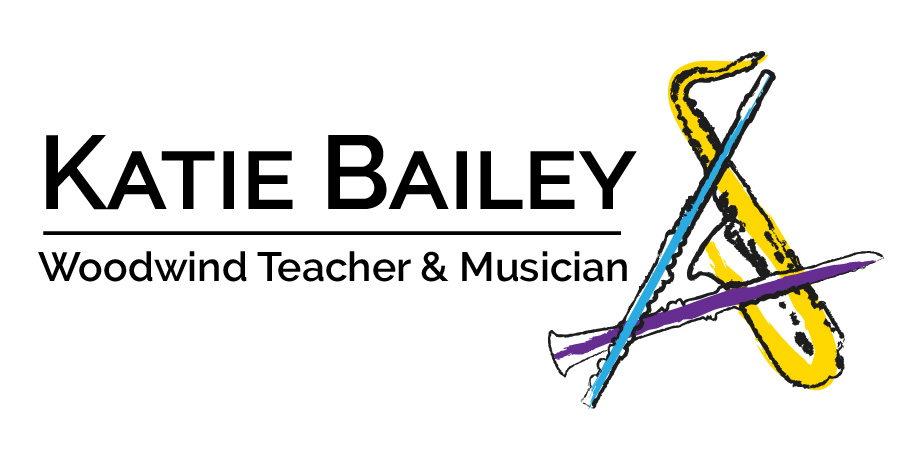“Students are all encouraged not just to continue with their lessons during the isolation period, but to throw themselves into their piano playing.”
Government measures banning non-essential travel mean that one-to-one piano lessons are no longer possible. Fortunately, we live in a time where the technology to teach over the internet is stable, secure and freely available. Here is your handy guide to setting up video lessons.
Part 1: About Video Lessons
Are Video Lessons a Suitable Alternative?
With the current restrictions on work, travel and social contact in place, it is never a better time to play the piano. This is particularly the case for children who cannot attend school. Students are all encouraged not just to continue with their lessons during the isolation period, but to throw themselves into their piano playing.
While it is not possible to have one-to-one piano lessons during this time, video lessons offer a path to continued learning. There are some limitations, but equally, there are also new opportunities presented through this medium. Lessons become more interactive and with the use of multiple devices on the teacher’s end, they function like personalised YouTube tutorials.
Because there is no travel time on the part of the student, a 30-minute lesson can be easily split into two 15-minute lessons delivered throughout the week. Some students have already opted for this approach in order to break up a week’s worth of lesson content into bite-sized chunks.
Which platform should I use?
There are many apps available with video conferencing capabilities. Currently, all lessons are delivered through either Skype or WhatsApp.
Skype and WhatsApp are both free and easy to use.
They both have a large user base.
You can send copies of your music through the messaging service. Your teacher can also type up lesson notes and send them to you straight away.
Part 2: Things to do before your lesson
Set up video calls on your preferred device
Download Skype or WhatsApp on to your preferred device using the App Store or the Google Play Store.
Sign in to Skype/WhatApp, or create an account if you don’t already have one (it’s free).
Search for your teacher and send them a request to connect. You can also give your Skype username to your teacher for them to search for you.
Send your teacher copies of your music
Many publishers have declared a “licensing holiday” on their books, meaning that you can scan, photograph, copy or share their content freely for the purposes of video lessons. For guidelines on what you can and cannot share, here is the full statement released by ABRSM:
In order for you to be able to use ABRSM books and resources, we are offering a licensing holiday from today until midnight on 17 July 2020 for 1-2-1 lessons using ABRSM publications via secure video conferencing platforms, such as Skype, Zoom, and MS Teams. This means you will be allowed to scan or copy and share music and other content from any ABRSM publication without having to hold up a book to the camera. There are a few rules to observe:
• ABRSM can only give permission for you to copy the works we own: these are easily identified by the ‘© ABRSM’ copyright line at the bottom of the first page of each specific piece of music.
• ABRSM will permit the copying/scanning of ABRSM publications only for the purposes of sharing these copies between the teacher and pupil during the private lesson.
• ABRSM cannot permit uploading of recorded 1-2-1 lessons onto public platforms. This is beyond the scope of the rights holiday we are offering.
We will update you on the status of this rights holiday and, if you have any queries, please contact syllabus@abrsm.ac.uk.
Set up your device so that your teacher can see you
Before your lesson begins, set up your device so that you can see the screen and your teacher can see the piano. You don’t want to waste ten minutes of your lesson stacking books behind your tablet until it is at the right angle, so use the front camera of your device to work out the best place for it before the lesson begins!
If your teacher cannot see your hands, then don’t worry! As long as your teacher can hear you then the lesson can commence. It is better for you to be able to see your teacher than for your teacher to be able to see you.
The lock-down period is expected to last for at least three months, so you may want to consider investing in a tripod to hold your device. You will need a tripod and an adaptor for mobile devices - remember to check the dimensions of your device before ordering!
With many of us finding ourselves with an unprecedented amount of time on our hands, we are increasingly turning towards the arts for entertainment. We have a long and difficult period ahead of us, but we can make light of current events by bringing a little more music into the world. Has there ever been a better time to be a piano player?









